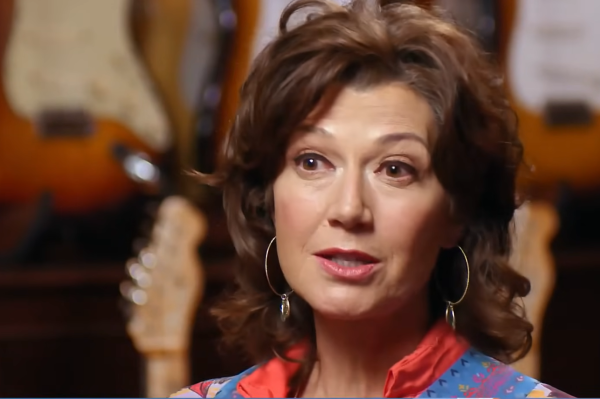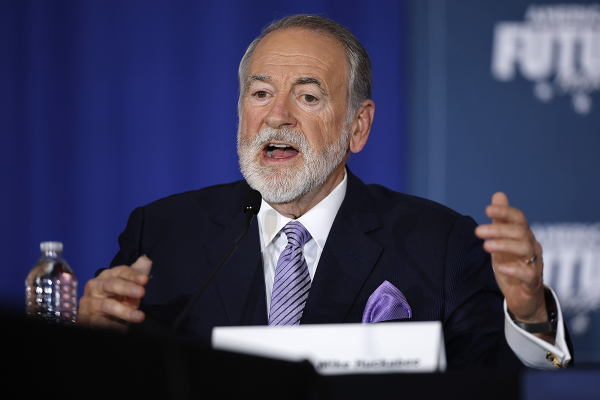To end racism, God must be part of the conversation
Racism is yoked to ethnocentrism, the belief that one’s own people and culture are superior.

Current protesters’ emphasis on race employs the same divisive language and discriminatory mindset they are keen to change. The designation BIPOC (Black, Indigenous, and People of Color) is complicit in the very process it opposes. Divide-and-conquer mentalities cannot unify and overcome.
An entirely different paradigm is needed.
The Problem with Race
Historically, those in authority protected their privilege and power by drawing racial lines at convenient points along humanity’s continuum. That allowed the mere concept of race to become the destructive instrument of racism.
Contemporary notions of race derive from European colonial expansion. Scientific efforts to systematize human diversity encountered in distant lands first equated race with skin color. The theory of unilineal cultural evolution emerged, cementing the view that blacks were primitive, whites advanced, and other hues somewhere in between.
Believing race is real focuses on such differences. Human nature’s dark side pits “our people” against “not our people,” justifying hatred and violence toward the latter. Racist ideologies litter history and span the globe.
Most people erroneously think that what divides us is what defines us.
The Human Solution
Secular society and good-willed humanists attempt to force change through outward measures which can and do facilitate improvements. But they cannot get at the root of the problem to achieve effective and lasting change, for they assume that changed laws will cultivate moral integrity. Yet laws only work through the threat of force by a policing and judicial system that punishes law-breakers. Guns and jails, not goodwill, make laws work.
Those demanding change use the same power-based playbook as the system they oppose. Yet if the collective moral compass is broken, laws mandating equality are easily side-stepped and misapplied — strategies that allow systemic racism to persist despite constitutional guarantees meant to abolish it.
That is why the current movement will never succeed, no matter the resolve and determination expressed in the nation’s streets and halls of government. Unquestionably, legal rights are necessary to eradicate injustice and move all citizens toward true equality. But they are nowhere near enough.
Something vital is missing.
Transcendent Faith
Systemic societal change begins in the inward places of each beating heart. It stems from a worldview that transcends race and ethnicity to embrace all of humankind in one singular family. It’s a vision that celebrates differences while providing a clear understanding that our primary identity lies in our unified standing before an omnipotent God.
Without the transcendent revelation God gives, every effort will bog down in what is seen to separate us — race, socio-economic standing, ethnic and national background, and the victim-perpetrator dichotomy. All are inherently divisive. Flawed starting points won’t lead to the goal of true equality among every citizen.
Morality can’t be mandated. It must be manufactured within every human heart by the Spirit of God working with each person’s free will.
Christianity’s Distinction
No other religious, philosophical, or political system has the power of Christianity to get the job done. Jesus, the self-proclaimed “Truth,” lived and died to liberate us all from the sinful nature that births racism and every other destructive pattern of human thought and behavior.
In Christ, God was reconciling the world to himself (2 Corinthians 5:19). He was restoring his own badly tarnished image in humankind — the divine image we must recognize in others to abolish racism. Jesus is the singular hope to end bigotry, racism, and the animosity that underlies them both.
His call to indiscriminate love honors the God who created and adores all. Only divine love can dissolve the divisiveness and hostility that plagues mankind. Through Christ we see the resilient light of God’s ineffable image within each person. In Him is the source of our unity (Galatians 3:28; Ephesians 2:15) and the will-power to love and embrace one another.
Inward transformation lies beyond human effort and good-intentions. They won’t get us to the “Promised Land.” Only God can work in us the desire to honor him through loving and serving one another.
In Christ we have the tools to vanquish the privileged and powerful’s subjugation of the vulnerable and disadvantaged. Martin Luther King, Jr. knew this truth which became the largely unacknowledged source of the successes of the Civil Rights Movement. To leave it out of current reforms would be a monumental mistake.
A New Vision
You cannot be racist toward someone you love. Laws cannot achieve what God does through Christ by writing his law of love upon our hearts (Hebrews 8:9–10). He must become the change within us that we want to see replicated in the world.
There is no other way to achieve a world freed from racism’s ugly grip. Until we recognize and deal with the inward roots of racism, they will morph into ever-changing forms within our hearts and society, no matter the legal changes. Transformed hearts must guide us in the difficult task of creating a more just, compassionate, and unified world. And only God has the power to transform them.
Ending racism is a necessary if daunting task. Before demanding change, let’s encourage one another to allow God to dismantle the strongholds of evil resident within us, and replace them with divine love, mutual respect, and a true and lasting vision of equality. A changed interior is necessary to assure effective change on the outside. The goal to end racism will forever elude us unless we allow God to be an integral part of the equation of change.
Jim Rotholz, Ph.D., is a cultural anthropologist, former missionary and aid worker to Nepal and East Africa, and board member for two non-profits. He has written three books on the convergence of faith and culture, including “Gospel Without Borders: Separating Christianity from Culture in America.” With his wife of forty years, he now lives in Virginia’s Blue Ridge Mountains. For more information, visit: https://jmrotholz.wixsite.com/apilgrimsjournal, https://www.jesserotholzfoundation.org/, and http://www.mcoxfoundation.org/.





















